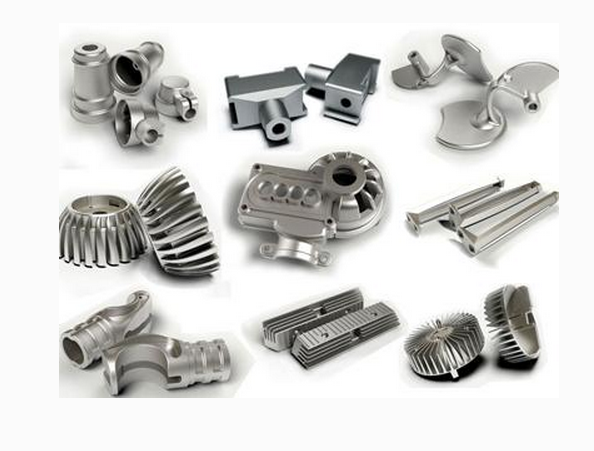Mobile:+86-311-808-126-83
Email:info@ydcastings.com
A320 Impeller Design and Performance Analysis in Aerospace Engineering
The A320 Impeller An Essential Component in Aircraft Engines
The A320 family of aircraft, produced by Airbus, is renowned for its fuel efficiency, operational versatility, and advanced technology. At the heart of its engine performance lies a critical component the impeller. This seemingly small part plays a crucial role in the functionality and efficiency of the aircraft’s jet engines, particularly in the context of turbofan engines commonly used in commercial aviation.
The A320 Impeller An Essential Component in Aircraft Engines
The design of the A320’s impeller is a marvel of engineering. Made from high-strength materials such as titanium and nickel alloys, it must withstand extreme temperatures and pressures. The aerodynamics of the impeller's blades are finely tuned to maximize airflow while minimizing drag. Innovations in computational fluid dynamics (CFD) have allowed engineers to simulate and refine the impeller’s design, ensuring that it operates efficiently across a range of conditions.
a320 impeller

One of the standout features of the A320 family is its use of the Pratt & Whitney PW1000G (Geared Turbofan) and CFM International LEAP engines, both of which incorporate advanced impeller designs. These engines exemplify the trend towards increased efficiency and reduced environmental impact in aviation. The geared design allows the engine fan to operate at a different speed than the engine core, further enhancing fuel efficiency and reducing noise—a critical factor in modern aircraft design.
Maintenance and inspection of the impeller are also critical to ensuring the safety and reliability of the A320. Regular checks for wear and tear, along with advancements in non-destructive testing techniques, help airlines monitor the health of the impeller. This proactive approach to maintenance not only extends the lifespan of the engine but also minimizes operational disruptions.
In conclusion, the A320 impeller is a testament to the complexities of modern aircraft engineering. Its role in enhancing engine performance, contributing to fuel efficiency, and maintaining safety standards cannot be overstated. As the aviation industry continues to evolve, innovations in components like the impeller will be essential in meeting the challenges of future air travel, making aircraft like the A320 more efficient and environmentally friendly.
-
Why Should You Invest in Superior Pump Castings for Your Equipment?NewsJun.09,2025
-
Unlock Performance Potential with Stainless Impellers and Aluminum End CapsNewsJun.09,2025
-
Revolutionize Your Machinery with Superior Cast Iron and Aluminum ComponentsNewsJun.09,2025
-
Revolutionize Fluid Dynamics with Premium Pump ComponentsNewsJun.09,2025
-
Optimizing Industrial Systems with Essential Valve ComponentsNewsJun.09,2025
-
Elevate Grid Efficiency with High-Precision Power CastingsNewsJun.09,2025











